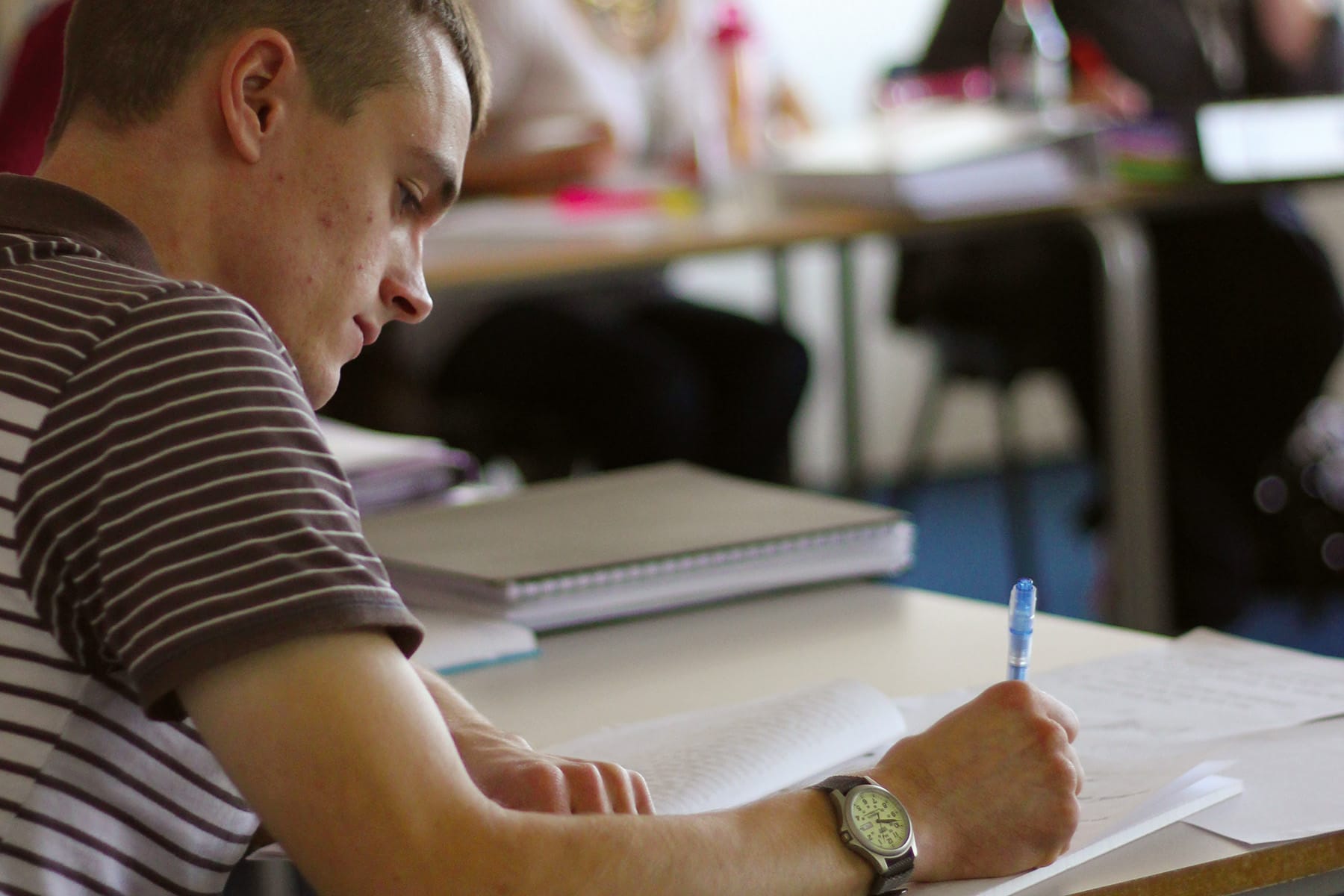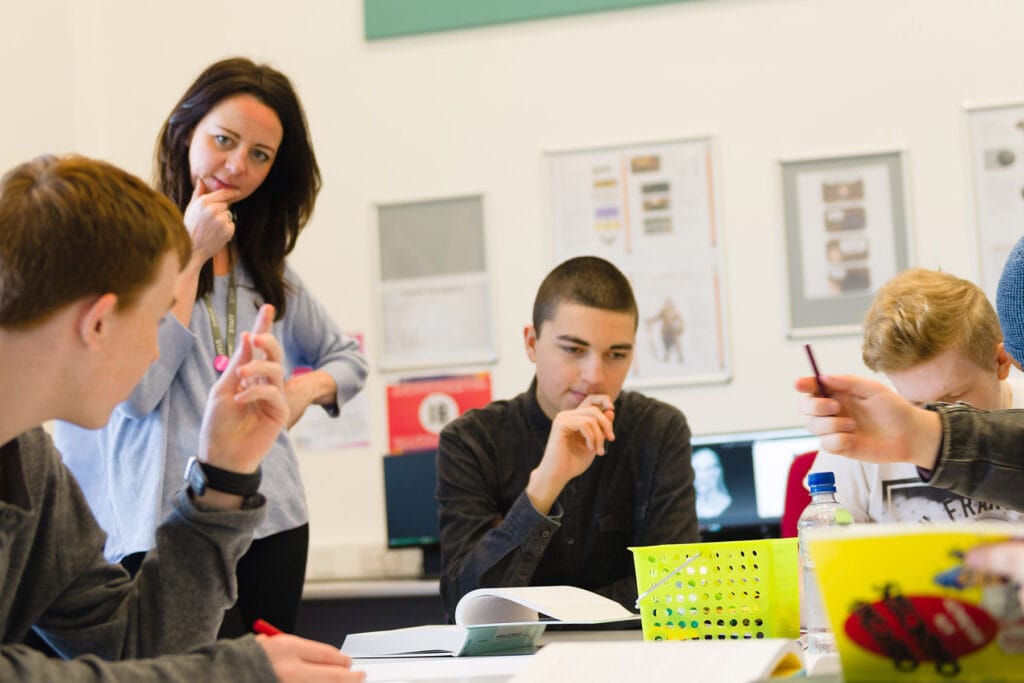New students starting in September: You can find more information about Induction days and submitting your GCSE results in our Start of Year Guide.
Why choose this course?
Demand is growing for qualified practitioners working in children’s and young people’s services and within youth and community capacity; this course will boost employability as students will gain specialist knowledge and professional skills to progress into practice. The FdSc Youth, Social and Community Studies course offers a contemporary, employer-focused programme which combines core academic disciplines with practical, work-based learning.
top course highlights
compressed timetable
small class sizes
authentic assessment
broad career options

practical & academic balance
A balance between practical and academic assessment is a key feature of the programme, recognising the importance of nurturing student’s abilities in linking theory to practice, while developing practical, work-based skills, vital for employment

work based learning
Work based learning is embedded throughout this course, this is underpinned by academic face to face lectures, guest lecturers, seminars, tutorials and some independent study. The programme is delivered in an interactive and supportive manner with clear emphasis on learning, teaching and assessment strategy whilst encouraging independent reading/research and learning

employer focus
The applied nature of this course leads to the development of an enterprise, employability and employer focus. The compressed timetable model enables students who would otherwise not be able to engage in higher education the opportunity to attend college and work part-time to support their studies.
what will i learn?
Students completing the programme will be able to identify and evaluate key concepts in understanding human and social needs in multi-cultural Britain, distinguish, describe and illustrate core social policy issues and be able to demonstrate the intellectual, effective and practical skills used in working with, communities young people and their families and associated services.
Overall students will be able to critically evaluate professional, cultural and ethical aspects of leadership in relation to theoretical models, frameworks, and contemporary research.
Modules
- Professional Skills & Digital Literacy
- Understanding Communities & Society
- Working in Partnership to Support the Foundations of Mental Health
- Introducing Issues in Social Policy
- Developmental Perspectives and Youth
- Professional Practice (Work Placement)
- Applied Research Practice
- Developing Wellbeing in the Community
- Leadership in Youth, Social & Community Organisations
- Contemporary Social Problems & Social Policy
- Culture & Identity in a Knowledge Economy
- Critical Professional Practice (Work Placement)
Methods of Study
The course will be assessed through coursework and practical elements which will include:
- Written assignments, including essays and reports,
- Presentations
- Professional development portfolios
- A research project
A balance between practical and academic assessment is a key feature of the programme, recognising the importance of nurturing student’s abilities in linking theory to practice, while developing practical, work-based skills, vital for employment.
Employability
100% coursework/practical model which includes authentic, and real-world assessment, with no exams. This is supported by employer and staff feedback, to increase practical and employment related skills.
Work-based learning has been placed as a fundamental component of the course. It underpins all modules, enabling theory to practice and practice to theory.
Where will it take me?
This course will boost employability as students will gain specialist knowledge and professional skills to progress into practice. Suitable career progressions are:
- Youth Offending Teams
- Probation Services
- Family Services
- Advice work
- Community Work
- Social Care (Youth & Adult)
- Family Support Work
- Voluntary Sector
- Drug & Alcohol Services (Including Rehabilitation)
- Further Education & Student Services
- Social Enterprise Companies
Typical progression routes are:
- BSc (Hons) Applied Social Science
- BA (Hons) Human Behavioural Studies
- BA Education and Training
- BSc (Hons) Sociology at the University of Plymouth
Assessment Information
The course is assessed through coursework (78%) and Practical assessment (22%).
Entry Requirements
48 UCAS points from relevant Level 3 qualifications and English and Maths at 4/C or above.
Additional Information
UCAS Course Code: L530
Awarding body: University of Plymouth
Meet the staff, tour the campus and find out about life as a student at one of the best colleges in the country.







